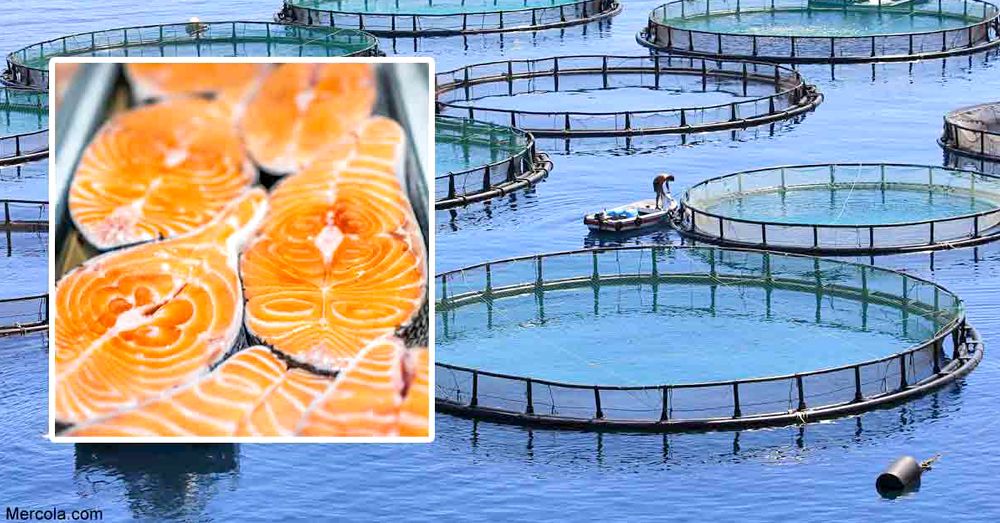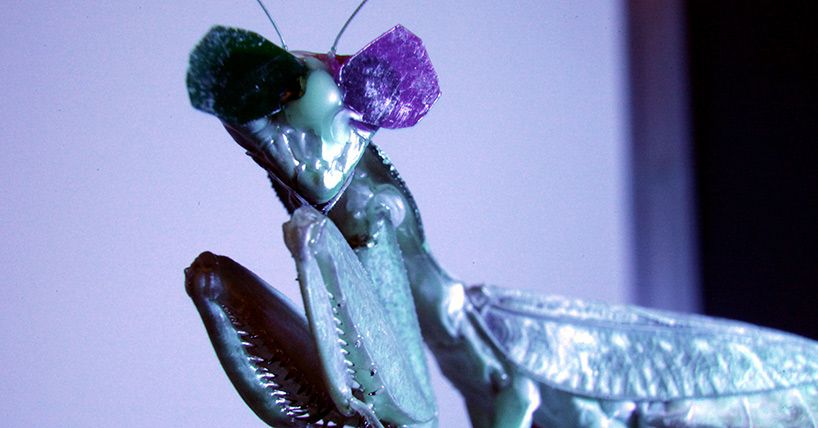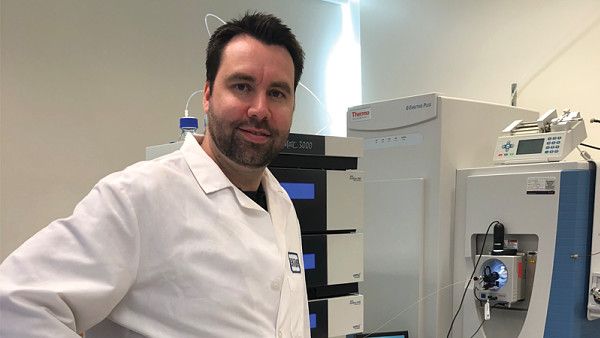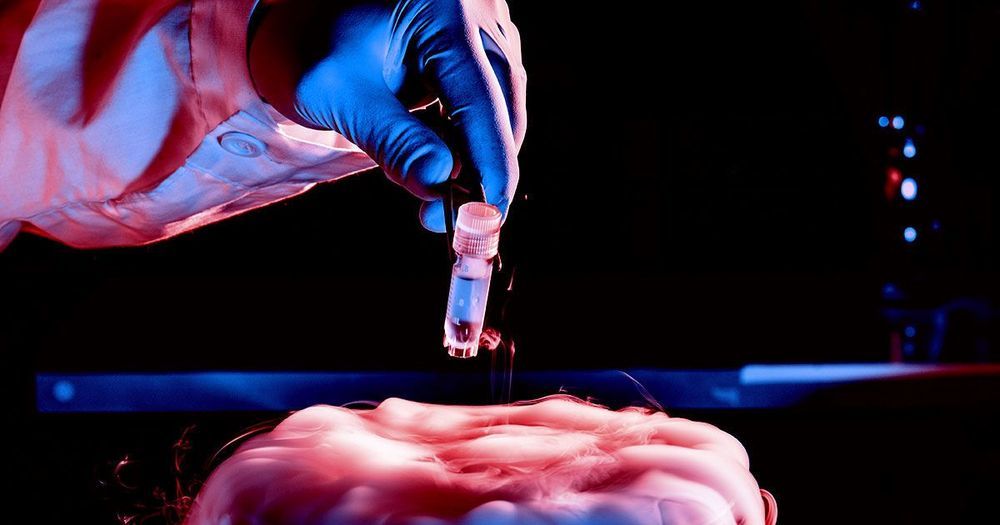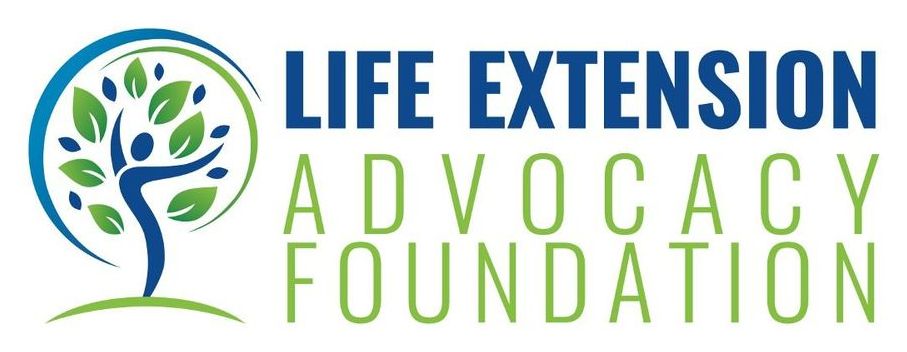Archive for the ‘health’ category: Page 298
Jun 29, 2019
Farmed Salmon = Most Toxic Food in the World
Posted by Fyodor Rouge in categories: biotech/medical, food, health, sustainability
Fish are an important part of the ecosystem and the human diet. Unfortunately, overfishing has depleted many fish stocks, and the proposed solution — fish farming — is creating far more problems than it solves. Not only are fish farms polluting the aquatic environment and spreading disease to wild fish, farmed fish are also an inferior food source, in part by providing fewer healthy nutrients; and in part by containing more toxins, which readily accumulate in fat.
Farmed Salmon = Most Toxic Food in the World
Salmon is perhaps the most prominent example of how fish farming has led us astray. Food testing reveals farmed salmon is one of the most toxic foods in the world, having more in common with junk food than health food. Studies highlighting the seriousness of the problem include:
Jun 28, 2019
Brain cells for 3D vision discovered
Posted by Quinn Sena in categories: health, robotics/AI
Scientists at Newcastle University have discovered neurons in insect brains that compute 3D distance and direction. Understanding these could help vision in robots.
Could a Mediterranean diet and exercise reduce dementia risk?
Researchers at Newcastle University are launching a new study to see whether eating a Mediterranean-style diet and being more physically active could improve brain function and reduce dementia risk.
Jun 28, 2019
Magnetic Fields Encourage Cellular Reprogramming
Posted by Quinn Sena in categories: bioengineering, biotech/medical, genetics, health
Could be used in a portable device to genetically reprogram ones body.
Environmental conditions, such as heat, acidity, and mechanical forces, can affect the behavior of cells. Some biologists have even shown that magnetic fields can influence them. Now, for the first time, an international team reports that low-strength magnetic fields may foster the reprogramming of cellular development, aiding in the transformation of adult cells into pluripotent stem cells (ACS Nano 2014, DOI: 10.1021/nn502923s). If confirmed, the phenomenon could lead to new tools for bioengineers to control cell fates and help researchers understand the potential health effects of changing magnetic fields on astronauts.
Biologists have been building up evidence that magnetic fields affect living things, says Michael Levin, director of Tufts University’s Center for Regenerative & Developmental Biology, who was not involved in the new study. For example, plants and amphibian embryos develop abnormally when shielded from Earth’s geomagnetic field. And there’s some clinical evidence that particular electromagnetic frequencies promote bone fracture healing and wound repair (Eur. Cytokine Network 2013, DOI: 10.1684/ecn.2013.0332).
Continue reading “Magnetic Fields Encourage Cellular Reprogramming” »
What are chaga mushrooms and what are their potential health benefits? How are chaga mushrooms used and what are the possible risks?
Jun 27, 2019
Apple continues expanding into health care
Posted by Genevieve Klien in categories: health, mobile phones
The introduction of the $69.95 monitor is a prime example of how Apple is increasingly breaking into the health space by making the iPhone and Apple Watch a key hub for people’s personal health.
Jun 26, 2019
Study: Sperm Banks in Space Could Make Colonizing Mars Possible
Posted by Genevieve Klien in categories: finance, health, space travel
A new study by researchers from the Dexeus Women’s Health research network in Barcelona found that frozen sperm samples survived when exposed to microgravity.
That could mean that sperm banks in space are possible, providing future space travelers with the ability to reproduce in space with sperm samples brought up from Earth.
“Some studies suggest a significant decrease in the motility of a human, fresh sperm sample,” Montserrat Boada who presented the research yesterday at an annual meeting in Vienna, Austria, said, as quoted by The Guardian. “But nothing has been reported on the possible effects of gravitational differences on frozen human gametes, in which state they could be transported from Earth to space.”
Jun 25, 2019
Exercise Reverses Age‐Related Decline in NAD+ Salvage Capacity
Posted by Steve Hill in categories: biotech/medical, health
Exercise really does influence how we age, and a new study shows how regular exercise in later life can help offset the decline of NAD+ and NAMPT, two important molecules that facilitate cellular energy production, in skeletal muscle.
NAD+ and mitochondria
The mitochondria are the power stations of the cell and provide the energy that our cells need in order to function. As we age, our mitochondria become increasingly dysfunctional and inefficient, and they produce excessive waste in the form of free radicals, which bounce around the interior of the cell, striking and damaging the cellular machinery within.
Jun 24, 2019
Hate speech on Twitter predicts frequency of real-life hate crimes
Posted by Quinn Sena in categories: health, robotics/AI
According to a first-of-its-kind study, cities with a higher incidence of a certain kind of racist tweets reported more actual hate crimes related to race, ethnicity, and national origin.
A New York University research team analyzed the location and linguistic features of 532 million tweets published between 2011 and 2016. They trained a machine learning model—one form of artificial intelligence—to identify and analyze two types of tweets: those that are targeted—directly espousing discriminatory views—and those that are self-narrative—describing or commenting upon discriminatory remarks or acts. The team compared the prevalence of each type of discriminatory tweet to the number of actual hate crimes reported during that same time period in those same cities.
The research was led by Rumi Chunara, an assistant professor of computer science and engineering at the NYU Tandon School of Engineering and biostatistics at the NYU College of Global Public Health, and Stephanie Cook, an assistant professor of biostatistics and social and behavioral sciences at the NYU College of Global Public Health.
Jun 24, 2019
ideaXme — Dr. Germaine Cornelissen-Guillaume, PhD — Halberg Chronobiology Center — University of Minnesota — Ira Pastor
Posted by Ira S. Pastor in categories: aging, bioengineering, biotech/medical, complex systems, cryonics, DNA, futurism, genetics, health, life extension

Tags: aging, bioquantine, bioquark, biotechnology, chronobiology, chronomics, health, ira pastor, longevity, Rhythms, time, wellness

